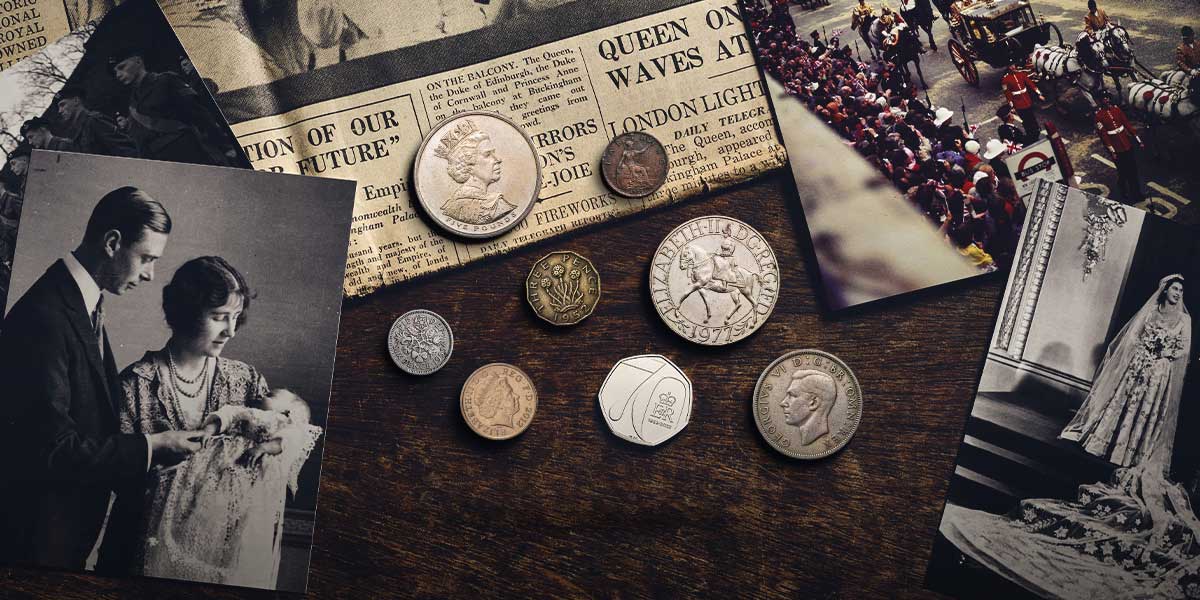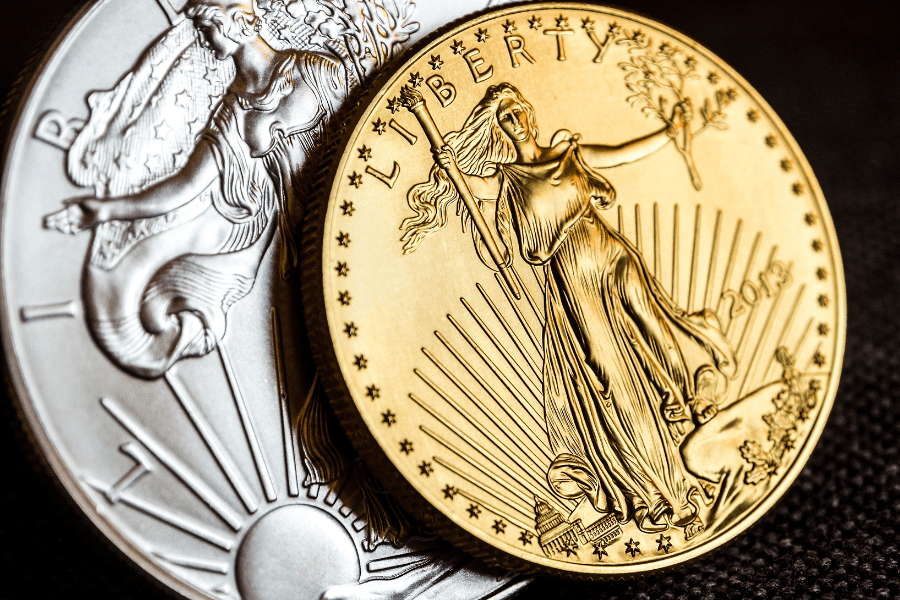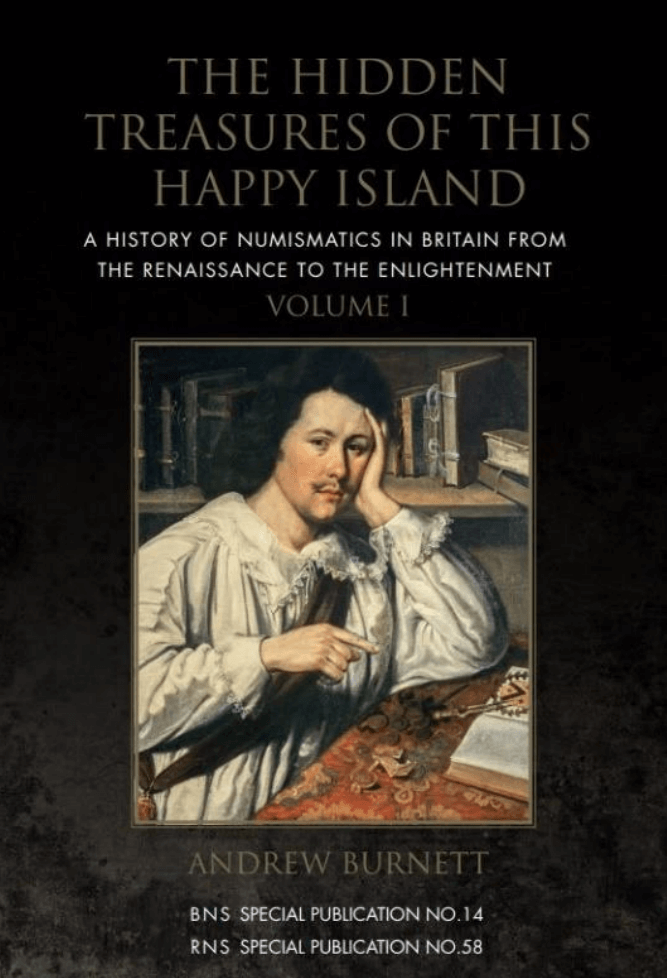Best Info On Selecting Gold And Banknote News
Best Info On Selecting Gold And Banknote News
Blog Article
What Can I Do With An Online Database To Do Research On Numismatics And Museums.
Utilizing a database for numismatic research in relation to museums needs specific steps in order to access information on collections of coins exhibitions, scholarly research and other exhibits. This is a methodological approach: Database Selection: Choose one that catalogues museum collections and numismatic holdings. There are a variety of museum databases, such as those provided by the British Museum or the Smithsonian Institution. Additionally, you can utilize online platforms that specialize in museum collections and artifacts.
Define Research Focus: Specify your research objectives. Are you looking for the collection of numismatic museums and exhibitions that feature coins, or scholarly journals relating to numismatics? historical and culture thematics of numismatic display? Find out what you're looking for to help in your research.
Search Strategy: Use keywords that are relevant to numismatics, as well as museums. For instance, "numismatic collections," "coin exhibits" or "museum catalog." If applicable Include museum names as well as geographic locations. Utilize advanced search tools to filter results by date, type of collection, and exhibition themes.
Data Collection: Access information on numismatic objects in museums. This includes detailed descriptions of the objects, images, provenance, and historic significance. Discover digital catalogs of coins according to civilization, period or theme.
Explore data to discover the significance of museums' numismatic collections. Learn the way museums interpret and preserve coins within the context of larger narratives of history and culture. Examine the numismatic material presented by different museums, focusing on educational strategies and interpretation frameworks.
Cross-References Verify your findings through cross-referencing across several museum databases or scholarly source. This will ensure that your research is accurate and comprehensive and allows you to get a full perspective on the numismatics of museums.
Documentation. Record your research findings by citing sources, and jotting down methods. Note the database's names as well as the search terms and relevancy of each source to your study.
Keep up to date. Numismatics and museum exhibits are constantly changing. Keep up-to-date with the latest acquisitions as well as temporary exhibitions. Scholarly publications may also help your research.
These steps will enable you to make use of databases efficiently in order to explore the relationship between numismatics and museums. This approach allows you to conduct a thorough investigation into the display of coins and their significance in museums as well as explore them in more scholarly. Check out the recommended currency exhibition tips for blog tips including pound, banknote appraisal, banknote expo, federal reserve, currency history, currency grading, bullion, rare banknotes, banknote rarity, coin mold and more.
How Can You Make Use Of A Numismatics Database To Conduct Research On Coin Dealers And Numismatics?
This type of research includes databases that concentrate on historic transactions, numismatic dealer listings and market trends. Here's a structured approach to conduct research on this subject: Database Selection: Choose databases that specialize in the numismatic market and dealer listings. Online marketplaces for numismatics and dealer directories run by numismatic organizations (such the Professional Numismatists Guild), and auction house databases are a few examples.
Define Research Focus: Specify your research objectives. Are you looking to learn the historical background of dealers in coin or their histories, know the market trends for numismatics, how coins have changed in price over time, or the impact dealers play on the trends in collecting? Make sure you know what your goal is to direct your research.
Search for keywords to find dealers, including "numismatics market", "dealer directors" or even specific regions and names. You can use advanced search features for filtering results by date, specialization of dealers (such as modern, old, and rare coins) or type of transaction (auctions or private sales).
Data Collection: Get information on coin dealers including their business names, locations, specialties, dates of operation, and their historical profiles. Find out about the most prominent dealers and their contributions to the numismatic world or scholarships, and their involvement in notable sales or auctions.
Analysis: Analyze data to discover the role of coin dealers in the field of numismatics. Study the role played by dealers in influencing market dynamic.
Cross-Referencing: Verify your research findings by cross-referencing information across several directories, databases, dealer directories auction records, as well as historical archives. This ensures the accuracy and thoroughness of your research. You will gain insights into coin dealers' diverse roles in the field of numismatics.
Documentation: Document all your research findings, including the sources you relied on and the method you employed. Note the database's names or search terms, as well as the relevance of each source in relation to your research.
Stay current The numismatic landscape changes, so do new auctions, dealers and market developments. Stay up to date by keeping track of updates from numismatic societies and auction houses, as well as online marketplaces for the latest developments in the numismatic industry and dealer activities.
These steps can assist you to use databases to investigate the numismatics of dealers in coins. This method allows for a thorough examination of historical profiles, market influence, and research contributions to the field of numismatics from coin dealers. See the recommended yen for website info including banknote book, coin engraving, commemorative coins, banknote dealer, coin rarity, federal reserve, rare banknotes, banknote auction, coin expo, banknote value and more.
What Can I Do With A Numismatics Database To Locate Legal Experts Who Can Assist Me In My Research?
This research can be conducted in a methodical manner using databases focusing on numismatics and coinage regulations as well as law precedents, currency laws as well as academic writings. The following is a step-by-step guide to conduct this type of research:Database selection: Choose databases that are specialized in numismatic research and legal law. Additionally, you should select journals that focus on legal aspects of the numismatic field. Some examples include legal search platforms such as Westlaw and LexisNexis and journals that deal with numismatics and law journals. publications from numismatic associations.
Define Research Focus: Specify your research objectives. Are you keen to know the legal frameworks and regulations governing coinage or currency, numismatic dispute resolution, laws governing coin circulation and production, as well as legal understandings, definitions and interpretations of numismatic authentication and ownership? Know what you're seeking to know in order to guide your research.
Search Strategy Use keywords such "numismatic laws,"" "legal aspects" of coinage, "numismatic disputes," as well as the legal concept or instances (such an authenticity, ownership and counterfeiting). Make use of advanced search options to sort results according to the date, region (national or international) and other legal issues relevant to numismatics.
Data Collection: Get details on the legal precedents, court rulings or legislative text, as well as scholarly articles related to the law of numismatics. Gather details such as case reports, legal analyses, interpretations of relevant statutes and the historical perspective on legal issues in numismatics.
Analyze and interpret the data in order to identify the legal challenges and implications of the numismatics. Learn how legal frameworks influence numismatic trade collections management, collection processes, authentication procedures, and the international trade of numismatic goods. Compare various legal interpretations or methods from different jurisdictions and historical periods, or even countries.
Cross-Referencing Verify your findings through cross-referencing across databases such as legal journals, legal journals, and court records. This lets you do a thorough research and gain the complete picture of numismatics law.
Documentation: Documentation is essential. Use sources to cite and record the method you employed. Note the details of the databases used, keywords used to search, and the relevance of every source you use to answer your research questions.
Be up-to-date Legal changes and court decisions impact the interpretation of numismatic laws. Stay informed of developments in the legal field by keeping up-to-date on legal databases, books on numismatics law and society for numismatics.
Databases can be used to search for numismatics research and legal experts by following these simple steps. This allows you to investigate the legal frameworks, challenges and scholarly interpretaions that intersect the field. Have a look at the top rated forint url for more examples including dollar, coin design, coin, antique banknotes, circulated, coin grading, coin identification, coin catalog, coin engraving, banknote identification and more.
How Do I Utilize Databases To Study Numismatics Regarding Online Forums And Communities?
Here's how to conduct such a research: A systematic approach is offered to assist you in conducting this type of research. For instance, forums such as CoinTalk and Reddit's r/Coins and specific numismatic communities on social media platforms such as Facebook groups or LinkedIn.
Define Research Focus: Specify your research objectives. You might be interested in knowing more about the latest trends in collecting, or discussing certain coin types or historical periods. Perhaps you want to seek advice on authentication or grading. Find out what you are looking for to aid your research.
Search Strategy - Use keywords that match your particular interests (such as "numismatic group," "coin communities," or "numismatic online discussions"), and include specific keywords (such as coins from the past, modern money paper currency, or even modern money), along with keywords related your research question. Use the search function within every platform.
Data Collection: Get information from discussions, threads, and other posts on the internet communities and forums. Gather insights on collecting strategies and coin identification techniques, market trends, personal experiences of numismatic discoveries and discussion on the aspects of culture or history that relate to coinage.
Analysis: Analyze the data to discover the perspectives, expertise and experiences shared by members of the online numismatic communities. You can evaluate the validity of the information by analyzing the experience of the contributors and the consensus around particular topics among the members.
Cross-Referencing. Check your knowledge by comparing information from various forums and communities. Review the information from different platforms to get an objective viewpoint on gathering market trends, market sentiments, or expert advice from numerical communities.
Documentation: Document your observations systematically, citing specific threads, discussions and contributors when necessary. Keep track of key insights, trends, and opinions shared within the online forums and communities.
Be involved: Ask questions and participate in discussions to gain knowledge and make connections with other members of the numismatic group. Keep abreast of the latest threads, announcements and answers.
These steps will assist you to use online forums, communities, and other resources effectively for research into the numismatics. This method lets you benefit from the collective wisdom and experiences of a variety of specialists and collectors providing valuable insight and insights into the various aspects of collecting coins, including identifying them, and appreciating them. Follow the most popular ringgit for blog advice including money, mint condition, copyright, banknote production, currency dealer, design, banknote value, banknote show, central bank, coin mold and more.
What Can I Do With An Online Database For Research Numismatics Specifically In Relation To Industry Trends?
Here's a systematic approach to conducting this type of research: Database Selection: Choose databases that specialize in reports on market research, industry analyses, expert opinions, or publications from numismatic society. Here's a systematic approach to conduct such research:Database Selection: Choose databases that are specialized in market research reports as well as industry analysis and publications numismatic. Market research platforms, such as Mintel and IBISWorld as well as numismatic publications, business news databases, industry databases and numismatic societies are just a few examples.
Define Research Focus: Specify your research objectives. Are you looking to understand current market trends in numismatics as well as emerging collector interests technology advancements that impact the field, economic factors influencing the value of coins, or governmental changes affecting numismatic business? Find out what interests you are interested in to help guide your study.
Search Strategy: Make use of keywords, such as "numismatic trends," "coin market analysis for collection," or "emerging numismatic trends," and include specific keywords (ancient coins and modern coins, as well as paper currency) or terms related to your research topic. Advanced Search: You can use advanced search to sort the results according to the date, the sector and the type of publication (reports reports or market analyses).
Data collection: Get insights into numismatic trends. Find information on market research reports on coins, articles discussing technological advances (like digital catalogues and authentication tools) experts' opinions, and studies of market volatility.
Analysis: Examine your data to identify the most important trends and patterns that impact the numismatic sector. Examine market dynamics, including changes in collector's preferences (historical themes, eras), technological innovations, and the effect on global economic trends.
Cross-Reference: Ensure the accuracy of your findings through cross-referencing information from various databases, market reports or numismatic books, as well as analysis of industry. This will ensure completeness and accuracy in your research. It also offers comprehensive look at industry trends and insights.
Documentation. Record your findings from research by noting the sources you used, and noting the methods used. Detail the databases that you use, the search terms used and relevance of your sources to your question.
Stay informed. Trends in the numismatics industry change with market fluctuations and technological advances. For the most up-to-date information on trends in numismatics, keep up with updates from market research companies, numismatic magazines, and industry reports.
Follow these steps to learn about the latest trends in numismatics and gain valuable knowledge. This method allows you to gain valuable insight into market dynamics, while also capturing trends, technological advances as well as economic factors in the numismatic sector. Take a look at the top rated yen blog for blog info including banknote catalog, collector, dime, banknote certification, obsolete currency, coin holder, uncirculated coins, coin show, coin auction, banknote identification and more.